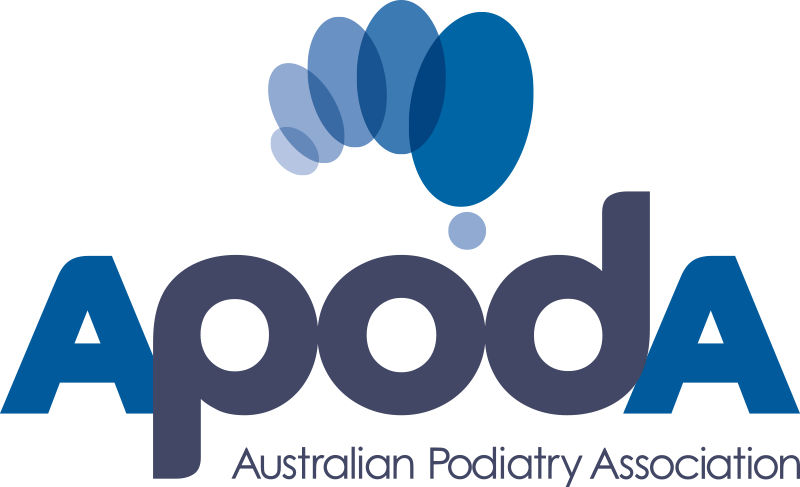Pharmacology has a reputation for being a challenging area of study and I suggest that this is true for both undergraduate students and podiatry practitioners. In fact, the December 2020 podiatry registrant data makes for interesting reading, with only 152 (2.7%) of the 5691 registered practitioners holding endorsement for scheduled medicines.
Why is this the case? A range of reasons might explain this, yet it is interesting to consider this issue from the perspective of ‘barriers to changing professional practice’.
These barriers have been categorised as:
- The organisational context
- The awareness, knowledge and attitudes of the professional, and;
- The patient as a service user and consumer.
It is also possible that a practitioner’s perceived knowledge of pharmacology, and their attitude towards this field of biomedical science, may be a large enough barrier to deter further study.
The benefits to be gained
Yet there are multiple benefits to be gained from such study. In my teaching practice, I see first-hand the impact of studying pharmacology and applying theory to podiatry practice. A student with the capability to critically evaluate a client’s history in order to propose a drug prescription demonstrates a high level of clinical reasoning; the inverse similarly holds true.
By developing a deeper knowledge of pharmacodynamics and pharmacokinetics3, it extends a practitioner’s understanding of their client’s medical status and overall wellbeing. This is one reason why institutions are working to embed ESM within the podiatry curriculum, so we should see the number of endorsed prescribers increase over the next decade.
The need for change
For now though, the question remains: how can we inspire current practitioners to consider the value of studying pharmacology?
Not only is this study a means to gain endorsement but also – and perhaps more importantly – application of this knowledge enriches podiatry practice.
Pharmacology really is fascinating and can provide a fresh perspective on the least complex of clients. In fact, pharmacology knowledge is intrinsic to the first three prescribing competency areas:
- Assessment: Understands the patient and their clinical needs
- Treatment options: Understands the treatment options and how they support the patient’s clinical needs
- Shared decision-making: Works in partnership with the person to develop and implement a treatment plan.
Over to you
With only 2.7% of currently registered podiatrists holding endorsement for scheduled medicines, the opportunity for professional development is there to pursue; despite the perceived barriers in place.
Perhaps you may be interested in studying pharmacology to deepen your understanding of your clients’ clinical needs, and enable richer conversations to inform shared decision-making?
Increasing the number of endorsed podiatrists is important to build capacity and raise our professional profile, and we can all play a role in this if we choose to.
More information?
- How much pharmacology can you recall? Watch these two videos to find out. Pharmacokinetics Made Easy & Pharmacodynamics Made Easy
- Information about Endorsement for Scheduled Medicines is published by the Podiatry Board of Australia - Endorsement for scheduled medicines


